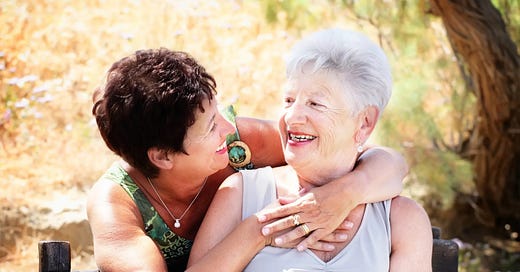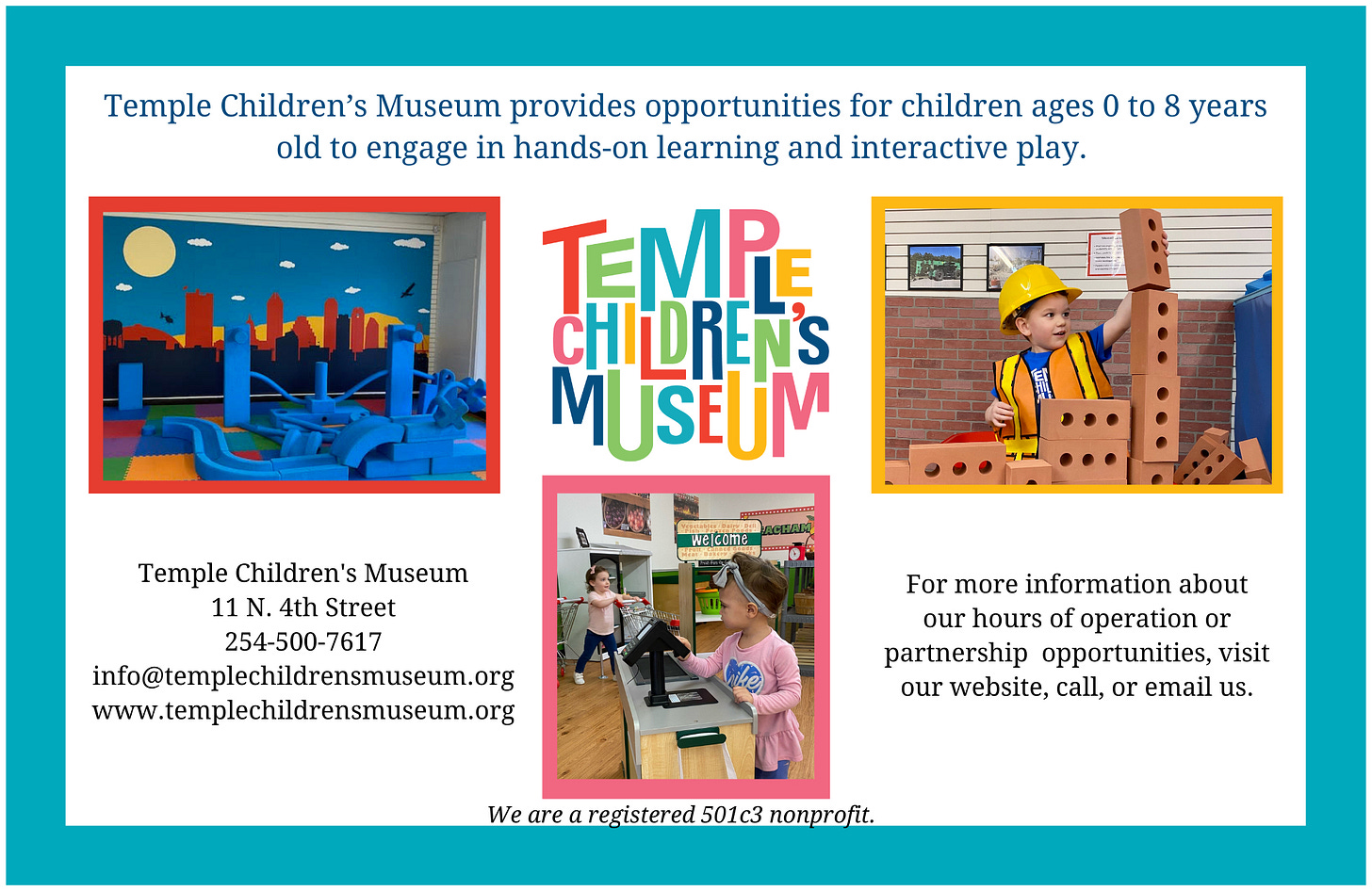An aging challenge
BSW psychologist: Memory books can help loved ones with dementia recall past events
Jogging memories of the past with loved ones through conversation or a memory book can make for an enjoyable Mother’s Day. Courtesy photo
DAVID STONE | OUR TOWN TEMPLE
America is aging, and according to experts that means a growing number of older folks are developing dementia, Alzheimer’s disease and other memory disorders.
Much of the aging of the US population stems from the post-World War II baby boom — the period from 1945 to 1964. The US Census Bureau says more than half of baby boomers are now 65 and older, and two-thirds of older Americans are women.
With Mother’s Day coming Sunday, many people locally and across the nation are facing a dilemma: How do you celebrate the day with a mom who is suffering from memory-related issues?
Dr Alan Stevens, a research psychologist at Baylor Scott & White Medical Center, offered tips for celebrating Mother’s Day with a loved one who has dementia.
“How you celebrate really depends on the level of functioning and awareness of the loved one,” Stevens said. “We know some in the early stages of dementia still have memories intact for the past, but they often have trouble processing new information. If that’s the case with your loved one, try focusing on the past. In other words: Reminisce.”
“Be creative,” he said. “Try making a memory book full of big events in their lives — weddings, births, baptisms, graduations, that sort of thing — but keep it positive. Avoid traumatic or negative events and focus on pleasurable and meaningful events.”
“A memory book gives them something tangible to look at and to jog memories,” Stevens added. “Don’t just talk and tell stories, provide a tangible memory book they can look at to spur memories. That usually generates storytelling by them and enjoyable conversations.”
“My mom made baby books for all of her children,” he said. “The books contain photos of childhood highlights. I don’t know if women still make these, but if you have one, Mother’s Day is the perfect occasion to pull it out and show Mom.”
Stevens said familiar faces and old photos can bring joy and comfort to someone living with dementia, even if the person can’t remember the names.
“Look at old photos together and describe them for your loved one — tell them who the people are and what the occasion was,” he said. “Avoid asking questions like: ‘Do you remember?’ That can make someone living with a memory disorder feel embarrassed or ashamed. “Instead, try something like: ‘Mom, I want to talk about the day I got married …’ That allows them to enter the conversation even if they don’t remember right away. Memories often come forward during a conversation.”
Stevens said that favorite meals or cookies, or a song or flowers might spark memories as well.
“These things can absolutely bring back memories,” he said. “It just depends on what was meaningful to that person earlier in life and what is meaningful to them now. A favorite song, for example, or the scent of a specific flower they loved as a child, might spur thoughts of the past.”
“Remember to be realistic in your expectations. You may not get a true Mother’s Day celebration, but you might get an afternoon of reminiscing and good conversation. For many, that would be a day to remember.”











